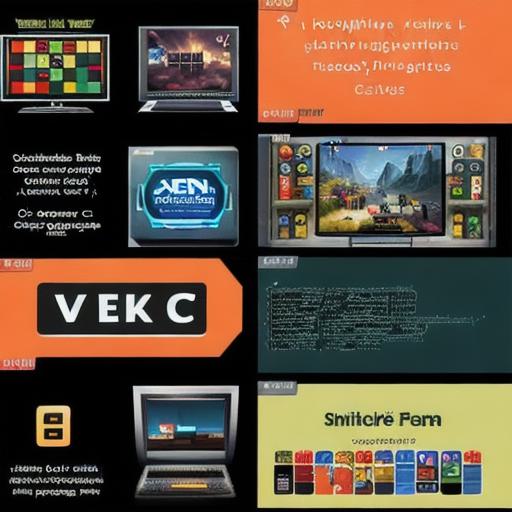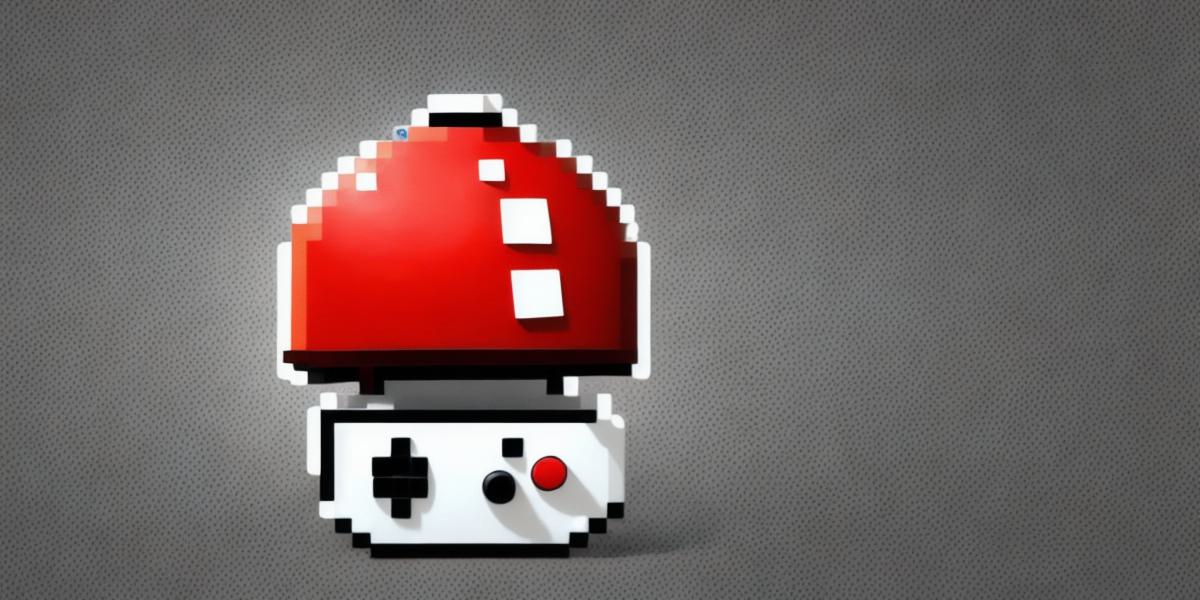The game design industry has experienced exponential growth over the past few years, driven by advancements in technology and the ever-increasing popularity of interactive entertainment. This field offers an array of job opportunities for those with the necessary skills and passion to create immersive digital worlds. In this article, we will delve into some exciting career paths in game design, as well as explore the education, training, and skills required to succeed in this competitive industry.
- Game Developer: A game developer is responsible for designing, creating, and programming video games for various platforms such as PC, consoles, or mobile devices. They must possess a strong foundation in computer science and programming languages like C++, Java, or Python, as well as experience with popular game engines like Unity or Unreal Engine. Additionally, they need to have a keen eye for detail and be able to think creatively to bring their game ideas to life.
- Game Artist: A game artist creates the visual elements of a game such as characters, environments, objects, and user interfaces. They require a strong understanding of art principles, digital painting tools, and 3D modeling software like Maya or Blender. Furthermore, they need to have excellent communication skills to collaborate with other team members, including game designers, producers, and programmers.
- Game Producer: A game producer manages the entire development process of a game from conceptualization to launch. They require strong leadership skills, project management experience, and an understanding of the business side of the industry. They also need to be able to balance creative vision with commercial constraints to ensure that the game is both artistically and financially successful.

- Game Designer: A game designer creates the overall structure, rules, and mechanics of a game. They need a deep understanding of game theory, psychology, and user experience design principles. Effective communication with other team members is also essential to ensure that their designs align with the vision of the project and are technically feasible.
- Quality Assurance Tester: This individual tests games to ensure they meet quality and functionality standards. They must have a strong understanding of game mechanics, testing methodologies, and defect tracking software. Additionally, they need to have excellent attention to detail and be able to identify issues that may affect the user experience.
While formal education is not required for game design, many individuals pursue degrees or certificates in related fields such as computer science, art, or game design programs at schools like UC Berkeley’s School of Information, Rhode Island School of Design, and Academy of Art University. Online resources and tutorials are also available for those looking to learn more about game design.
To succeed in game design, individuals need a combination of technical skills, artistic abilities, and business acumen. Key skills include programming, game engines, art skills, design thinking, communication, and business acumen. Furthermore, they must be able to adapt to new technologies and trends in the industry while maintaining their creative vision.
Starting small by creating simple games or mods as a hobby is a good way to build up skills and experience. Joining online communities, attending conferences and workshops, and networking with other game designers can also help individuals get started in the industry. As they gain more experience, they can explore opportunities for internships, freelance work, or full-time employment at game development studios.
In conclusion, the game design industry offers a wealth of job opportunities for those with the necessary skills and passion to create engaging digital worlds. From game development to game art and production, there are numerous career paths available in this field. To succeed in game design, individuals need a combination of technical and artistic skills, as well as an understanding of business principles. With the right education, training, and experience, anyone can pursue a successful career in this exciting industry.



